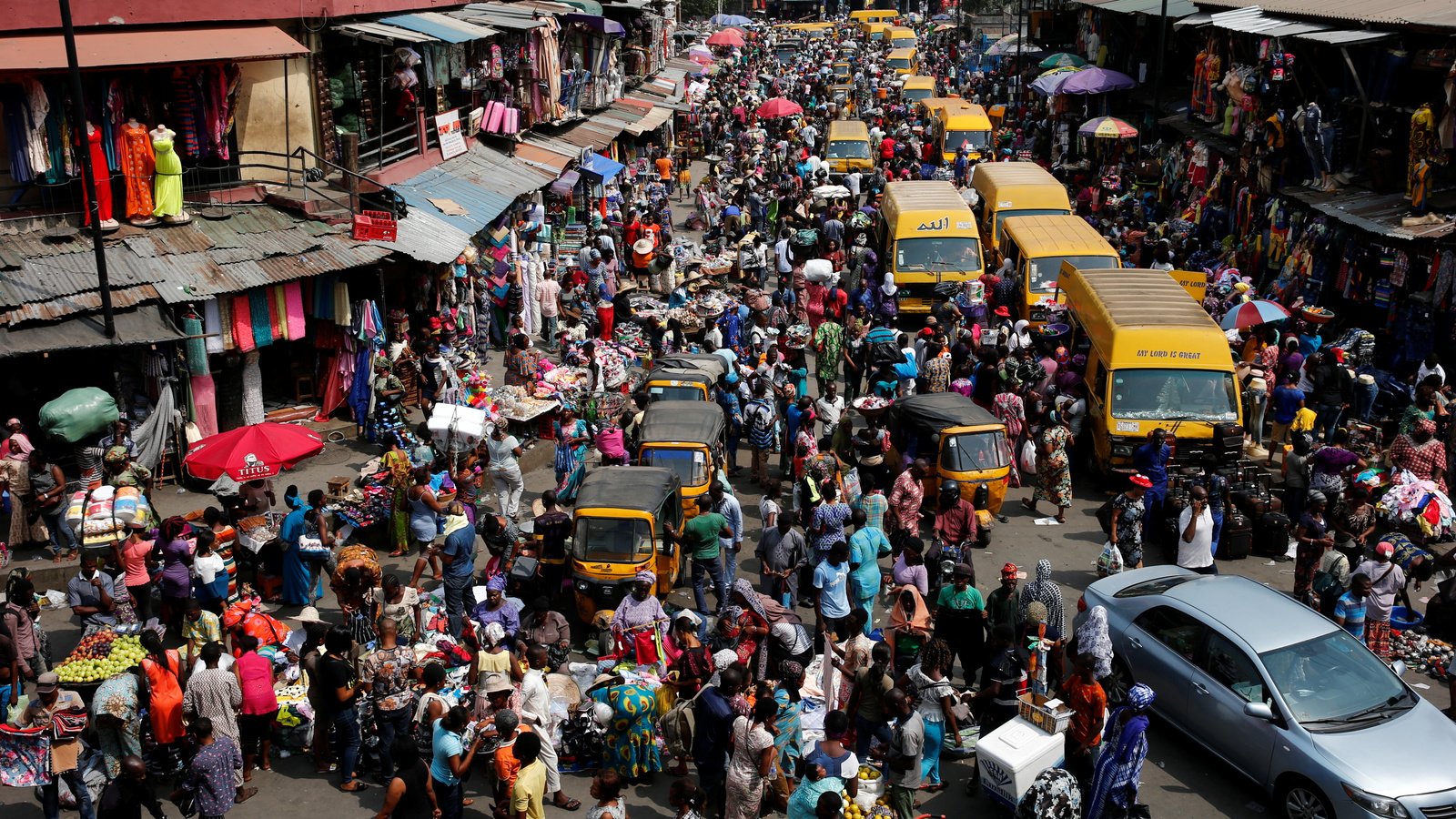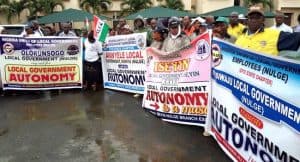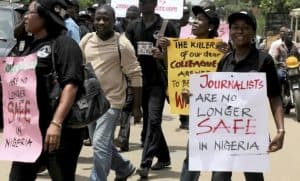
Ikechukwu Oguezuo is one of the Nigerian youths who trusted the government when introducing policies to lift people out of poverty. But a few years after the implementation, he has started feeling the adverse effects of government intervention in the economy.
With inflation soaring, unemployment skyrocketing and more people shrinking into poverty, Oguezuo lamented that most government policies purportedly meant to help the poor have backfired.
“Our government does not have good policies to manage the situation. They are more concerned about their internally generated revenue,” said Oguezuo.
“They impose more taxes on imports and other things, which translate to more hardships for the populace. Government policies have not achieved bringing Nigerians out of poverty.”
Oguezuo narrated how his booming business quickly liquidated due to different levels of taxes and business-repressive policies introduced by the Nigerian government.
“After my school days, I went into business which was running well. But, after some time, we had problems which had to do with government policies. I became unemployed. The time I was out of business was not easy at all. I don’t pray for anyone else to experience it. You are looking for something to do as a responsible citizen and find none, it affects everything around you.”
Statistics show the rising job scarcity in the country is linked to the layers of government policies targeted against business and the business owners. In the last ten years alone, 11 multinational companies have either left the country or signalled their strong intention to leave, with each taking as many as 20,000 potential jobs with them.
Data from the National Bureau of Statistics, (NBS), Nigeria’s Federal Government Agency saddled with data collection and management, indicates that the country’s unemployment rate has seen a steady rise from 23.1% in 2019 to 27.1% in the second quarter of 2020. It further rose to 35% in 2021 and 37.7% in 2022.
Already, KPMG, a multidimensional consulting firm, has predicted the likelihood of the unemployment rate hitting the roof at 40.6 per cent in 2023. Its report titled KPMG Global Economy Outlook Report, H1 2023, said the figure of job seekers would rise in 2023 due to decreased economic growth and the inability of Nigeria’s economy to absorb its four to five million graduates annually into the Nigerian job market.
“Employment gives you freedom to act, think, transact business and earn a living. You can meet up with your financial responsibility. But, when you are unemployed, your freedom is automatically restricted. In my own case, I could not cater for my family. I could not eat good meals or even pay my house rent, children’s school fees et cetera.”
As we have seen, these scary and disturbing statistics have defied several policies and programmes by successive administrations to reverse the situation.
Several ‘Wasted’ Government Interventions
One of the initiatives designed to fight joblessness is the Social Investment Program (SIP) birthed in 2016. And between then and 2020, the Government injected over one trillion naira for its activities involving over hundreds of thousands of young Nigerians.
Also, the government created the Special Public Works Program managed by the National Directorate of Employment. It was piloted from February to April 2020 in eight States, targeting unemployed youths between 18 and 30 years of age, without any minimum educational requirement. Responding to the outbreak of Covid-19, the Special Public Works Program was extended to all the 36 states of the federation and the Federal Capital Territory.
The program, designed to provide three months temporary employment to 1,000 persons in each of the 774,000 local government areas, is said to be novel for targeting the unskilled.
There was also a N75 billion National Youth Investment Fund that was activated as part of the COVID-19 Economic Sustainability Plan to provide low cost loans to businesses owned by young entrepreneurs. The initiative was another opportunity for young entrepreneurs to obtain low cost funds of between N250,000 and N3 million to start or expand their businesses.
Then the Farmermoni, Tradermoni and Marketmoni loans. TraderMoni was initiated to provide zero-collateral soft loans to traders, artisans and farmers, with a view to improving their standards of living by expanding their businesses.
FarmerMoni is a Government Enterprise and Empowerment Programme (GEEP) Initiative created to boost the Nigerian economy through leverage and access to finance for farmers. It is designed to help petty traders expand their trade through the provision of collateral free loans, which are repayable over a period of six months.
The essence of MarketMoni, another scheme under the GEEP, is to provide financial assistance for individuals of low-income status, through the provision of easily accessible, fast and interest-free loans. With only added charge of a five per cent (5%) administrative fee, the Bank of Industry executes the programme, aimed providing loans with zero interest to market women and traders, craftsmen, the youth and those engaged in small and medium-scale agriculture.
Most recently, the Federal Government launched the Nigerian Youth Employment Action Plan (NIYEAP 2021-2024) to mobilise the energies and capacities of the youth and minimize the increasing risks unemployment poses to national security. The Minister of Youth and Sports Development, Sunday Dare, during the launch of NIYEAP in Abuja, described it as part of the Buhari-led administration’s efforts to facilitate an enabling environment that will create about 3.7 million jobs annually.
“It is very unfortunate that government policies are not yielding positive results,” said Michael Dada, an economic expert. “Sometimes the policies are good, but the implementation is faulty. It is selective and personalised. Do they want to tell us that there are no competent economists who can help formulate and implement policies that will lead to job creation?
“We vote people into government only for them to become lords over us. People are dying silently. Many especially youths are running [out of the country] because of frustrations”.
Dada believes that the government need not create jobs to tackle unemployment or distribute money to cure poverty, as doing it would be inadequate. “For instance, under TraderMoni, the government gives N5000 each to beneficiaries. What magic can such a meager amount perform in bringing anyone out of poverty? There is no proof that such policies have lifted people out of poverty.
“Instead of such policies, we need a friendly economic atmosphere that can encourage citizens to work and make profit. Government cannot provide jobs for everyone, but it is the duty of the government to make the atmosphere conducive for private efforts to thrive.”
Many youths business owners and entrepreneurs in Nigeria are asking the Government for one thing: to leave them alone. Nonso Achuba is one of them.
“You plan how you want to go about your life, but government policies and their implementation will scatter your plans,” said Achuba.






